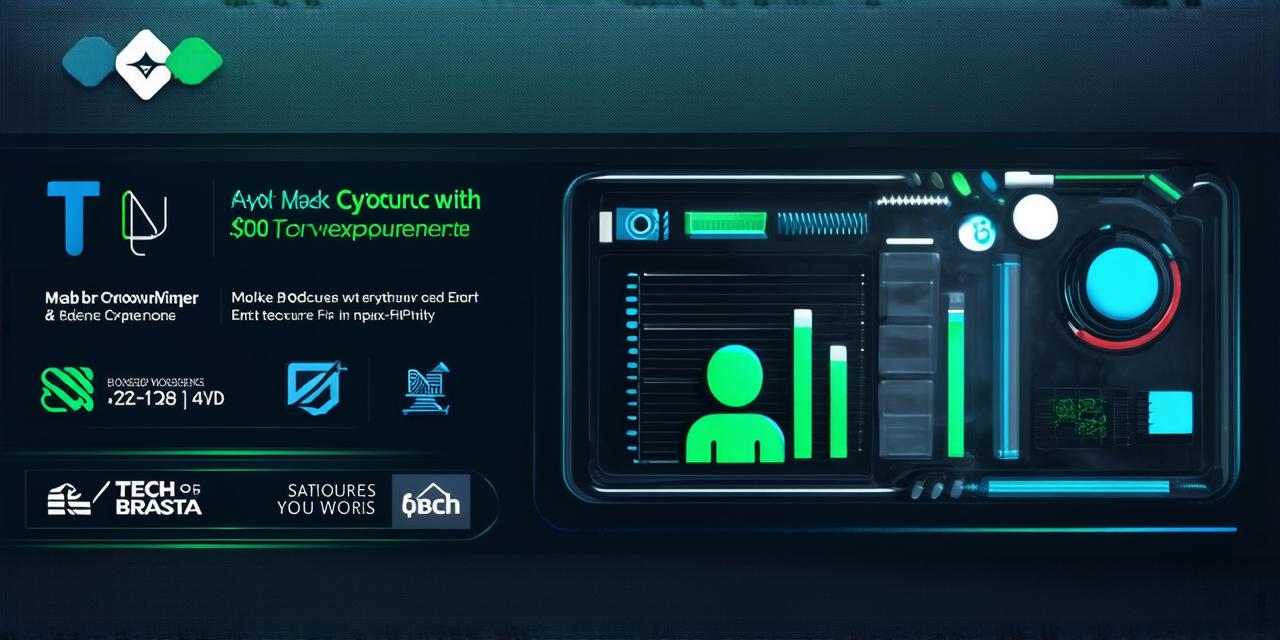History of Dogecoin
Dogecoin was created in 2013 by a person or group using the pseudonym “Doge.” The name “Dogecoin” is derived from the internet slang term “doge,” which was used to express admiration and affection for someone or something.
The creator of Dogecoin intended it to be a fun, lightweight cryptocurrency that could be used for online transactions and tipping content creators. Dogecoin quickly gained popularity among Reddit users, who adopted it as their own digital currency and used it to tip each other for various acts of kindness and creativity.
In the years since its creation, Dogecoin has become a beloved part of the cryptocurrency community, with a dedicated fan base that uses it for everything from online shopping to charitable donations.

How Does Dogecoin Work?
Dogecoin is built on top of the Bitcoin blockchain, which means that it shares many of the same features and security protocols as its more well-known cousin. However, there are some key differences between Dogecoin and Bitcoin that make it stand out.
One of the main differences between Dogecoin and Bitcoin is the way transactions are processed. Bitcoin uses a complex system of mining and consensus algorithms to validate transactions and add them to the blockchain. In contrast, Dogecoin uses a simpler proof-of-stake (PoS) consensus algorithm that relies on the validation of transactions by a network of “miners” who hold a certain amount of Dogecoin.
Another difference between Dogecoin and Bitcoin is its transaction speed. Bitcoin transactions can take several minutes to process, while Dogecoin transactions typically take just seconds. This makes Dogecoin a popular choice for online shopping and tipping, as it allows users to send and receive payments quickly and easily.
Unique Features of Dogecoin
Dogecoin has a number of unique features that set it apart from other cryptocurrencies. Here are a few examples:
- Low transaction fees – One of the main advantages of Dogecoin is its low transaction fees. Dogecoin transactions typically cost just a small fraction of a cent, making it an affordable option for online transactions and tipping.
- Accessibility – Dogecoin is designed to be accessible to everyone, regardless of their technical expertise or financial resources. It can be easily bought and sold on various cryptocurrency exchanges, and there are no complex setup requirements.
- Charitable giving – Dogecoin has become a popular tool for charitable giving, with many organizations accepting it as a form of donation. In fact, the Dogecoin community has organized several charity events in the past, including a massive fundraising campaign that raised over $3 million for the Kenyan water project Icebox.
- Memes and humor – Dogecoin is often associated with memes and humor, which has helped it to build a strong brand identity and attract a dedicated fan base. This sense of fun and playfulness has made Dogecoin popular among younger generations and those who are new to the world of cryptocurrency.
Real-Life Examples of Dogecoin in Action
Dogecoin is being used in a variety of real-life scenarios, from online shopping to charitable giving. Here are a few examples:
- Online shopping – Many online retailers accept Dogecoin as a form of payment, allowing customers to purchase goods and services using this popular cryptocurrency.



